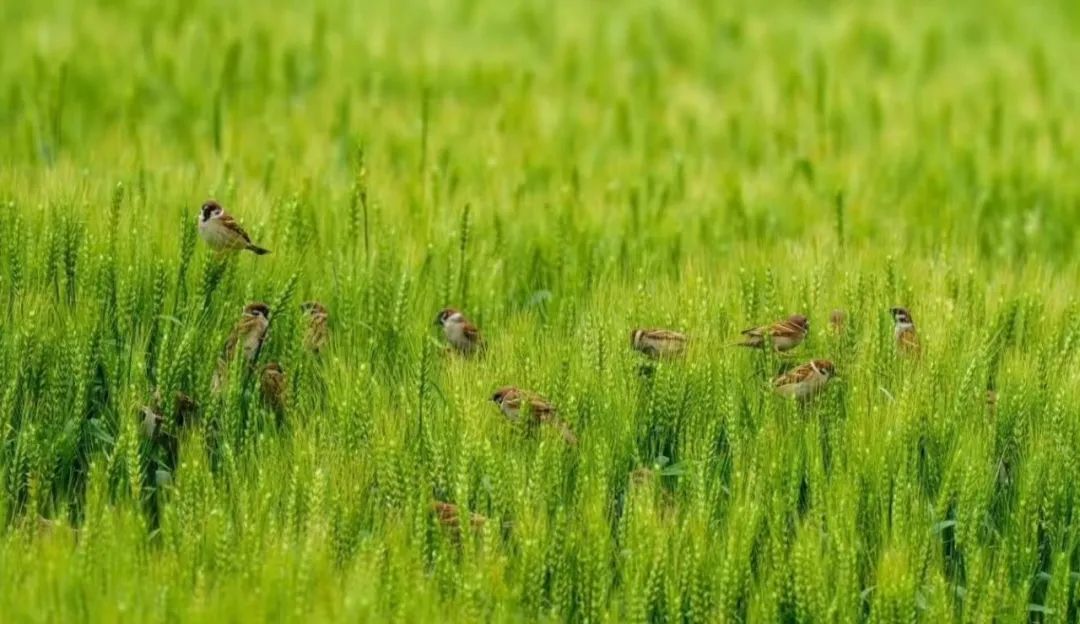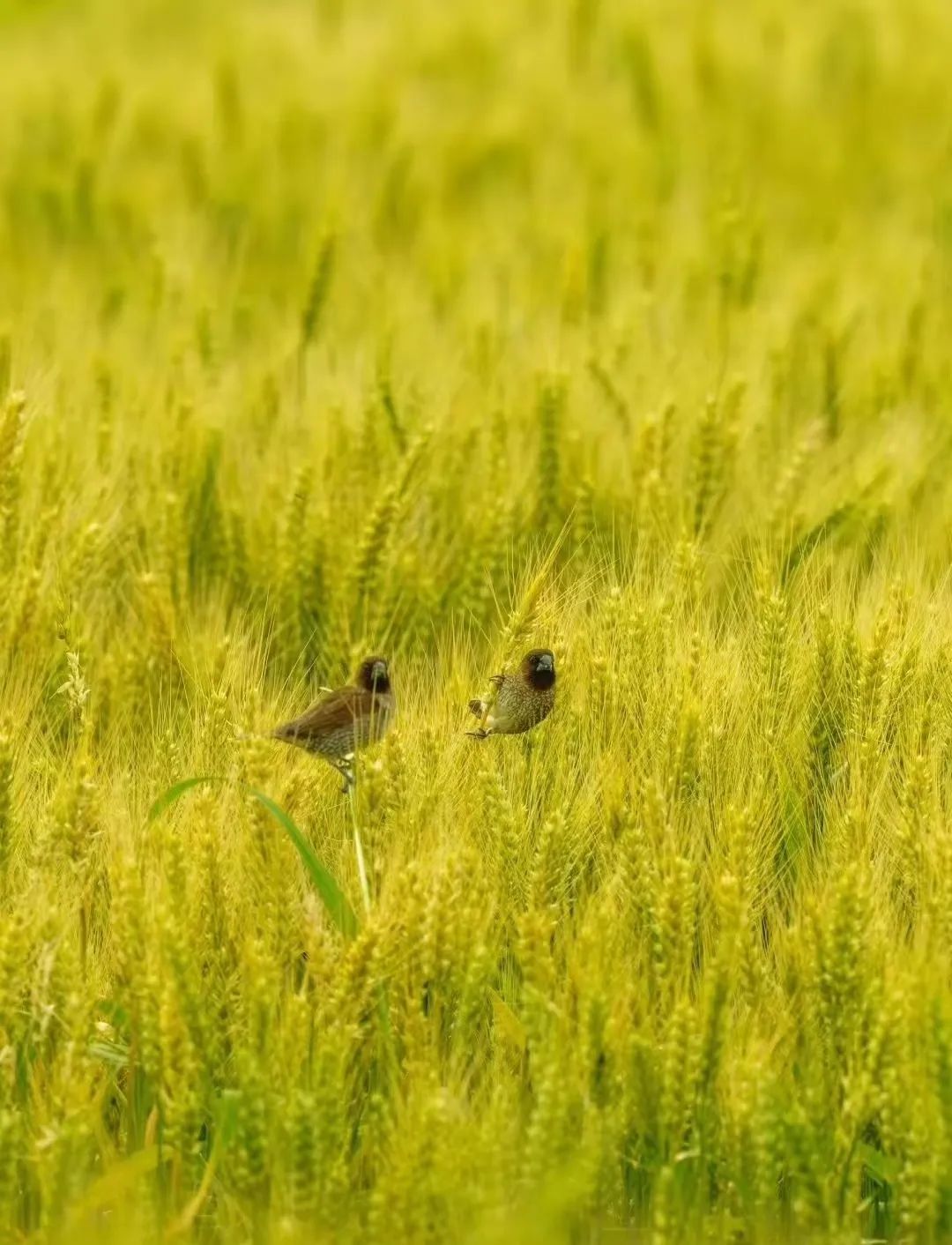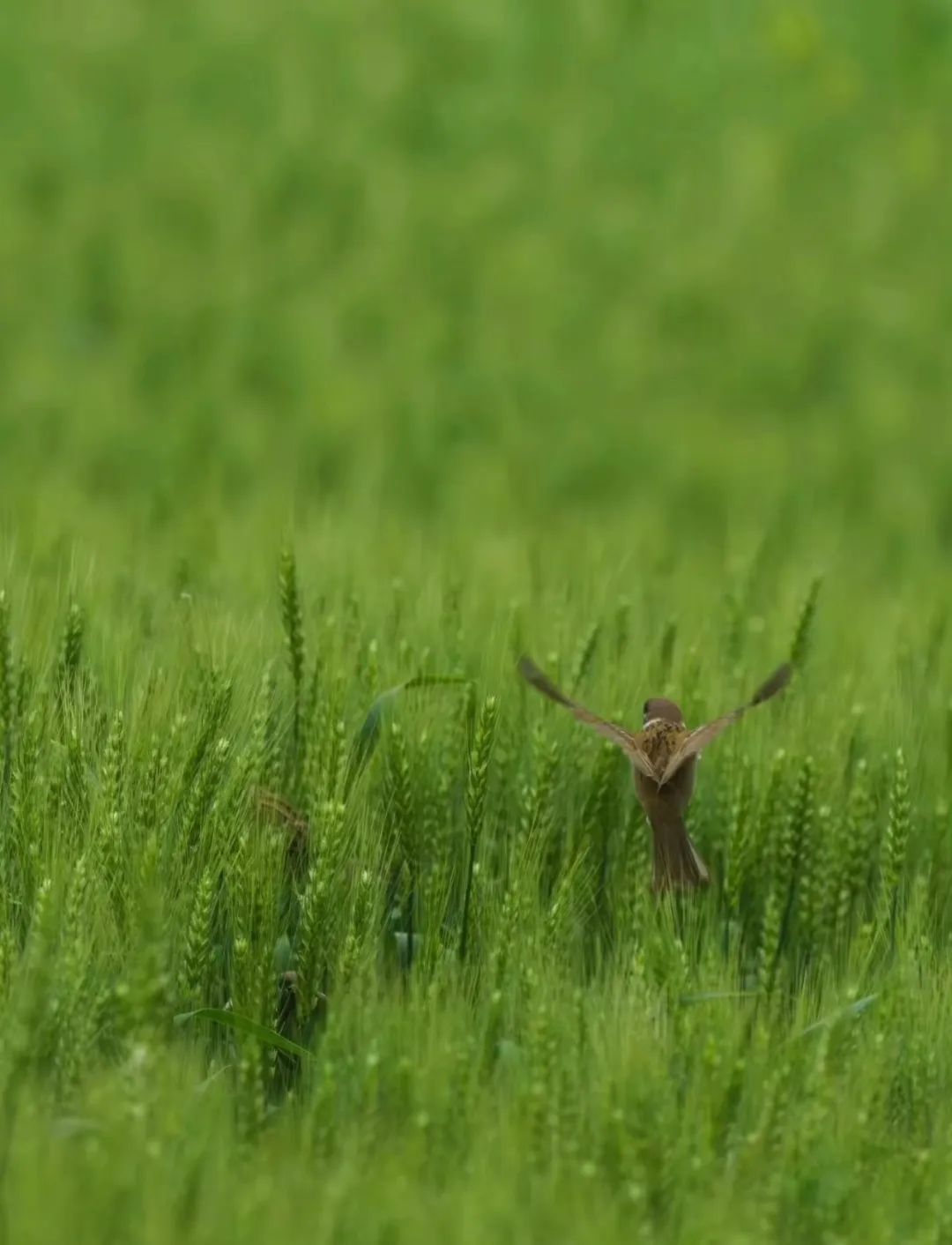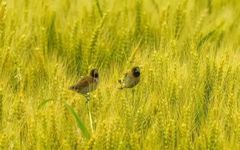

Introduction
The Golden Coffer (Jīnkuì) refers to a cabinet made of metal used to store precious texts. The True Words (Zhēnyán) signify the words of truth. This section primarily discusses the theory of “The Five Organs Corresponding to the Four Seasons.” This is one of the core theories of Traditional Chinese Medicine (TCM), hence it is referred to as the truth that needs to be preserved in the Golden Coffer.
The main content of this section includes: 1. Clarifying the relationship between seasonal climates and the Five Organs, as well as the causes and conditions for various seasonal diseases; 2. Introducing the yin-yang relationships of different times of the day and various parts of the human body, explaining the role of yin-yang theory in medicine; 3. Discussing the connections and correspondences between the human body, the four seasons, the five elements, five colors, five tastes, and five sounds.

The Wisdom of Not Getting Sick – 1

Original Text
The Yellow Emperor asked: There are eight winds in the sky, and five winds in the meridians, what does this mean?
Qibo replied: The eight winds cause evil to arise as meridian winds, which affect the Five Organs, leading to disease.
The so-called victory of the four seasons is that spring overcomes late summer, late summer overcomes winter, winter overcomes summer, summer overcomes autumn, and autumn overcomes spring; this is the victory of the four seasons.
The east wind arises in spring, causing diseases in the liver, affecting the neck; the south wind arises in summer, causing diseases in the heart, affecting the chest and ribs; the west wind arises in autumn, causing diseases in the lungs, affecting the shoulders and back; the north wind arises in winter, causing diseases in the kidneys, affecting the lower back and thighs; the center, representing earth, causes diseases in the spleen, affecting the spine.
Therefore, spring qi affects the head; summer qi affects the organs; autumn qi affects the shoulders and back; winter qi affects the limbs.
Thus, spring is prone to nasal discharge and nosebleeds, summer is prone to chest and rib diseases, late summer is prone to diarrhea due to internal cold, autumn is prone to wind and fever, and winter is prone to numbness and convulsions.
Therefore, in winter, do not engage in strenuous activities that disturb the internal yang; in spring, one will not suffer from nasal discharge and neck diseases; in summer, one will not have chest and rib ailments; in late summer, one will not suffer from diarrhea; in autumn, one will not suffer from wind and fever; and in winter, one will not suffer from numbness, diarrhea, or excessive sweating.
Translation
The Yellow Emperor asked: There are eight directions of wind in the sky, and five winds in the meridians, what does this mean?
Qibo replied: The eight winds of nature are external pathogenic factors that invade the meridians, causing wind diseases in the meridians, and the wind evil can further invade the Five Organs, causing diseases in them. The situation of the four seasons overcoming each other throughout the year refers to spring overcoming late summer, late summer overcoming winter, winter overcoming summer, summer overcoming autumn, and autumn overcoming spring. When a season experiences the climate that overcomes it, it is referred to as the victory of the four seasons.
The east wind arises in spring, usually causing liver disorders, with the evil invading from the neck; the south wind arises in summer, usually causing heart disorders, with the evil invading from the chest and ribs; the west wind arises in autumn, usually causing lung disorders, with the evil invading from the shoulders and back; the north wind arises in winter, usually causing kidney disorders, with the evil invading from the lower back and thighs; the late summer season and the central position belong to earth, usually causing spleen disorders, with the evil invading from the spine.
Therefore, spring evil harms people, and diseases often occur in the head; summer evil harms people, and diseases often occur in the heart; autumn evil harms people, and diseases often occur in the shoulders and back; winter evil harms people, and diseases often occur in the limbs.
Therefore, in spring, there are many cases of nasal discharge and nosebleeds; in summer, there are many cases of ailments in the chest and ribs; in late summer, there are many cases of diarrhea and other internal cold diseases; in autumn, there are many cases of wind and fever; in winter, there are many cases of numbness and convulsions.
Thus, in winter, do not engage in vigorous exercise that disturbs the internal yang, and in the following spring, one will not suffer from nasal discharge and neck diseases; in summer, one will not have ailments in the chest and ribs; in late summer, one will not suffer from diarrhea; in autumn, one will not suffer from wind and fever; and in winter, one will not suffer from numbness, diarrhea, or excessive sweating.
The Wisdom of Not Getting Sick – 2

Original Text
Essence (jīng) is the foundation of the body. Therefore, if the essence is stored, one will not suffer from warm diseases in spring. If summer heat causes sweating not to occur, one will develop wind and fever in autumn; this is the method for maintaining the normal flow of qi.
Therefore, it is said: within yin there is yin, and within yang there is yang. From dawn to noon, it is the yang of the sky, the yang within yang; from noon to dusk, it is the yang of the sky, the yin within yang; from dusk to midnight, it is the yin of the sky, the yin within yin; from midnight to dawn, it is the yin of the sky, the yang within yin. Thus, humans should also correspond to this.
In terms of human yin and yang, the outside is yang, and the inside is yin. In terms of body parts, the back is yang, and the abdomen is yin. In terms of the yin and yang of the organs, the zang (organs) are yin, and the fu (bowels) are yang. The five zang organs: liver, heart, spleen, lung, and kidney are all yin; the six fu organs: gallbladder, stomach, large intestine, small intestine, bladder, and sanjiao are all yang. Why is it important to understand that within yin there is yin and within yang there is yang? Because only by diagnosing the yin and yang attributes of seasonal diseases can one correctly treat them. Winter diseases occur in yin, summer diseases occur in yang, spring diseases occur in yin, and autumn diseases occur in yang; all must be treated according to their respective locations with acupuncture and stone therapy. Therefore, the back is yang, corresponding to the heart; the abdomen is yin, with the deepest yin being the spleen. All of these are the interconnections and correspondences of yin and yang, inside and outside, male and female in the human body.
Written by| Volunteer Xie Xin
Edited by| Volunteer Xie Xin
—Wishing you health and safety—

